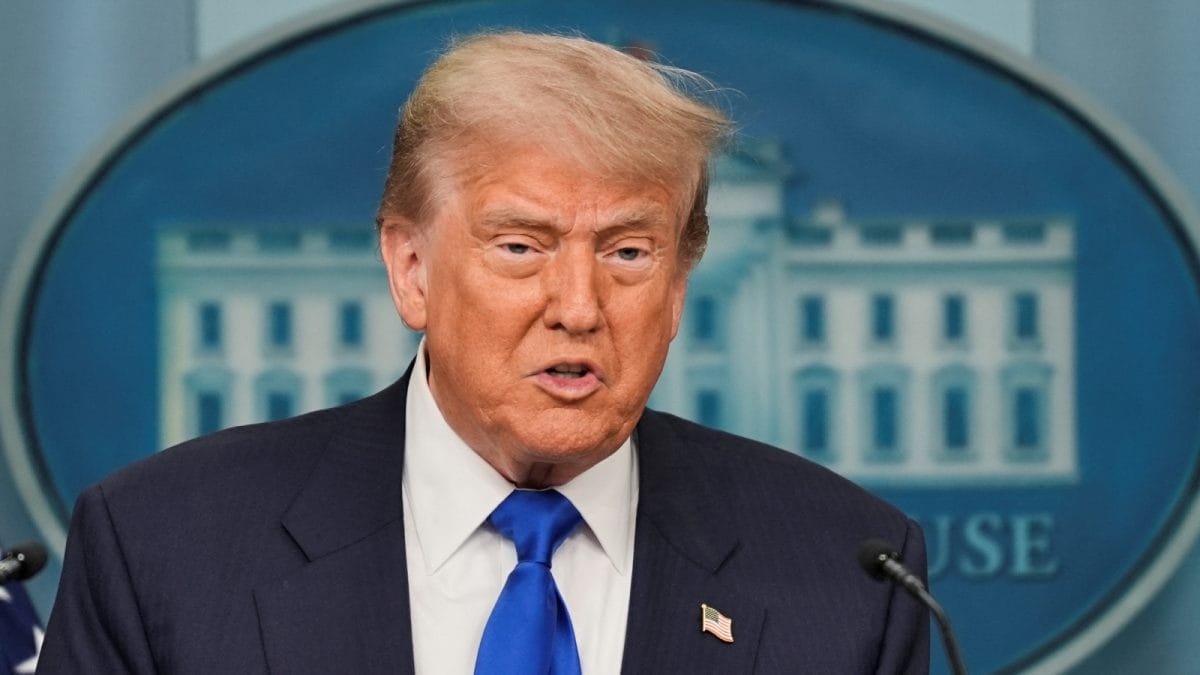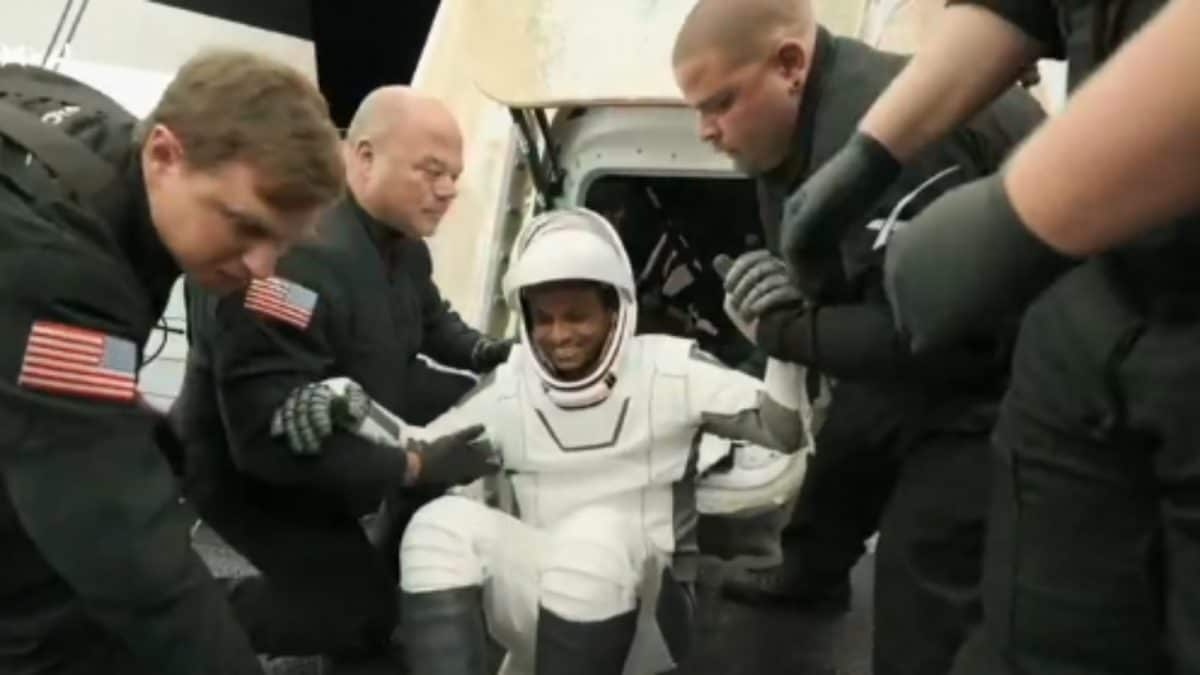Every time Xi Jinping disappears, the Western rumour mill explodes—coup, illness, collapse. But the headlines rarely hold up. What if the real story isn't about where Xi goes, but why the West keeps needing him to vanish in the first place?
Each time Xi Jinping vanishes from public view—even briefly—the usual chorus springs to life. Think tanks buzz with theories. Twitter (or X) lights up with speculative threads. Television panels convene in haste. Western newspapers quote “anonymous insiders.” Asian outlets pick up the trail. And once again, headlines proclaim instability at the apex of China’s power structure.
But there’s a recurring problem: they’re almost always wrong.
Xi Jinping disappears from view multiple times each year. And each time, it’s as if the West has returned to 1989. Out come the Tiananmen metaphors. Op-eds forecast regime collapse. Analysts warn of elite discontent. Then Xi resurfaces—shaking hands, touring factories, delivering speeches. No wheelchair. No oxygen mask. No coup.
The rumours fade. The speculation dies down. But the cycle? It resets—like clockwork.
A Pattern, Not a Fluke
What we’re witnessing isn’t just clickbait or lazy journalism. It’s something far more deliberate: narrative warfare. A disinformation strategy dressed as analysis. A psychological operation updated for the social media age—designed to sow doubt about China’s leadership and to weaken confidence in its political system.
This isn’t a conspiracy theory. It’s a strategy—acknowledged, at times, by former intelligence officials themselves. Psychological operations don’t always come with tanks and soldiers. Sometimes, all it takes is a whisper. A provocative headline. A satellite image of dubious origin. A “leak” from a think tank.
And the Western press? It plays along.
Case Study: September 2022
Xi skipped a scheduled meeting for less than a week. Western headlines screamed: “Coup in Beijing?” “Has the PLA arrested Xi?” Anonymous Indian intelligence sources were quoted. Twitter flooded with satellite images—many from old military drills. Talk of an “internal rebellion” surged.
Chinese-language social media accounts—later traced to IP addresses in Virginia, Taiwan, and London—amplified the frenzy. Then Xi reappeared at a military expo. Calm. Unmoved. The headlines vanished. But the psychological seed had been planted.
Again in 2023 and 2024
In August 2023, Xi missed a BRICS planning session. British tabloids declared “Chaos in Zhongnanhai.” American commentators floated theories about his fallout from the Rocket Force purge. Thai outlets translated it. Japanese pundits debated it. South Korean YouTubers built mini-documentaries around it.
All of it turned out to be fiction. Xi met Russian diplomats days later—healthy and present. The story was quietly dropped. No correction. No accountability.
Then again in March 2024, just before the People’s Congress, Xi didn’t attend a ceremonial event. The Washington Post ran with speculative unrest in the provinces. “Elite discontent” was once again anonymously cited.
And most recently, June 2025: ten days of silence. The rumour mill spun furiously—heart problems, power struggles, foreign meddling. But Xi returned—shaking hands with India’s External Affairs Minister Dr S. Jaishankar in Beijing, all smiles for the cameras. No explanation necessary.
The CIA, MI6 and the Game of Perception
Why does this pattern repeat?
Because it works.
Western intelligence agencies understand that if they cannot physically destabilise China, they can attempt to fracture it psychologically—at least in perception. Global investors, Asian neighbours, and Chinese elites are all watching. Uncertainty is the weapon. Rumours are the delivery system.
They don’t need to prove Xi is weak. They just need the world to wonder if he is.
It’s why these stories often begin in Langley, Vauxhall Cross, or within Western-funded think tanks. The narrative is seeded, echoed, and amplified. “Sources say...” “Satellite imagery suggests...” “Anonymous officials believe...” Always speculative. Rarely verified. Yet persistently sensational.
Opacity Becomes a Weapon
China’s opaque political system lends itself to this tactic. The CCP’s culture of secrecy allows room for speculation. Without transparency, Western media fills the void with fantasy.
But opacity is not the same as instability.
Yes, Xi rules an authoritarian regime. Yes, the system crushes dissent and censors critics. But that doesn’t mean it’s on the verge of implosion every time he takes a break from public view.
Contrast this with Western leaders. When a US president disappears? It’s “rest at Camp David.” When a UK Prime Minister goes quiet? “Family holiday.” When Macron skips a summit? “Scheduling conflict.”
But when Xi disappears? It’s a coup. Always.
Because Xi is not merely a man. He is the embodiment of the Chinese state. To suggest he’s vulnerable is to imply the whole system is.
The Role of Think Tanks
Many of the organisations driving these narratives are not disinterested academics. They receive funding from defence contractors, government departments, or intelligence-linked sources. Their “hypotheses” often become tomorrow’s headlines.
It’s not evidence—it’s projection. Geopolitics disguised as research.
And it works. Markets jitter. Investors hedge. Diplomats scramble. Policymakers rehearse “China collapse” scenarios. A lie repeated often enough becomes a risk to be managed.
Asian media outlets, especially in India, Taiwan, Japan, and South Korea, often retransmit these Western narratives. Sometimes out of alignment with geopolitical interests. Other times out of journalistic habit.
A Manufactured Reality
This is the outcome: the West gets to script China’s decline—no evidence needed. Xi keeps ruling. The CCP keeps functioning. And no journalist, editor, or analyst is ever held to account for being wrong. But they might just get a promotion for “breaking” the next false alarm.
This is how information warfare works.
The Real Illusion
Yes, Xi Jinping governs with fear. Yes, China’s political system is rigid and secretive. But the biggest illusion isn’t Xi’s disappearance.
It’s the West’s addiction to misinterpreting it.
Because when policy is based on fantasy, it leads to strategic miscalculations. Trade collapses. Alliances erode. War becomes more likely—not because of facts, but because of fiction.
Xi Jinping is not invincible. But he isn’t vanishing in defeat every few months either. And when he reappears after a stretch of silence, it’s not a resurrection. It’s a reminder: he never left.
- Ends
Published By:
Rudrashis kanjilal
Published On:
Jul 15, 2025

 7 hours ago
7 hours ago


















